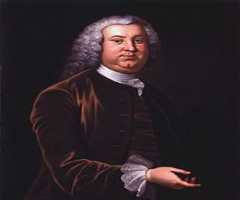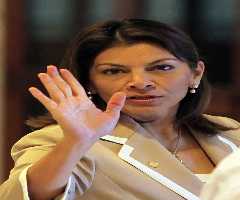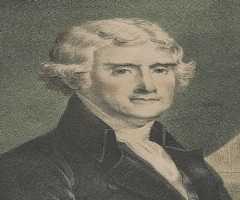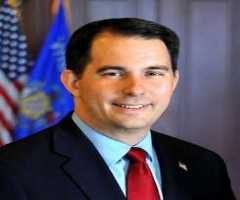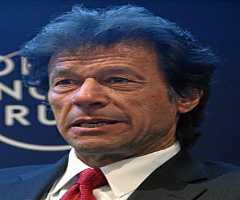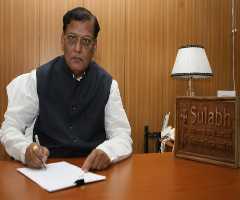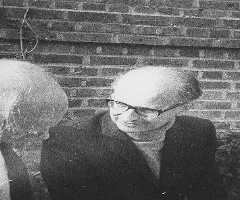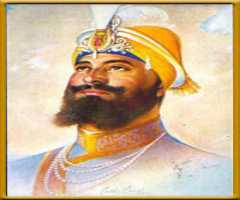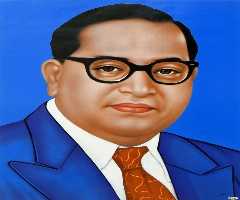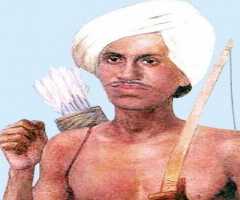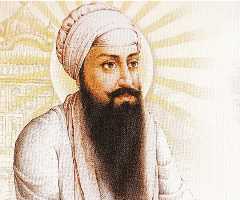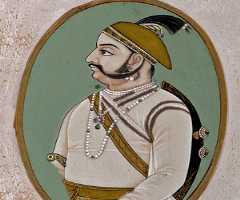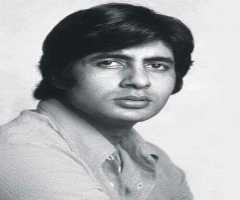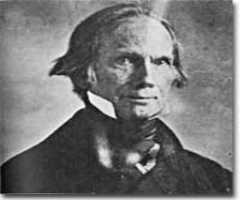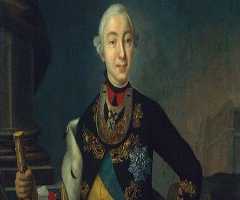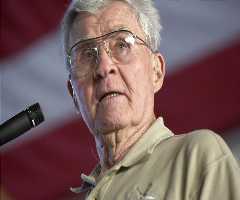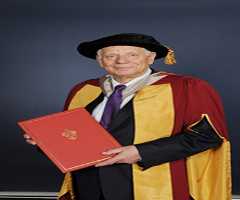Girija Prasad Koirala Biography, Life, Interesting Facts
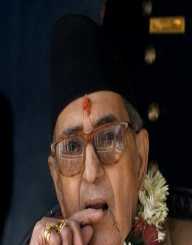
Birthday :
Died On :
Birth Place :
Zodiac Sign :
Girija Prasad Koirala best known as Girija Prasad Koirala was a Nepalese politician and former Prime Minister. Born on 20 February 1925, Girija Prasad Koirala served as the Prime Minister on four different occasions being 1992 to 1994, 1998 to 1999, 2000 to 2001 and from 2006 to 2008. Girija Prasad Koirala was also the leader of the Nepali Congress. During Nepal’s transition from monarchy to republic rule, Girija Prasad Koirala also served as the Acting Head of State of the country from 2007 to 2008.
His election into power in 1991 made him the first democratically elected Prime Minister since 1959. Girija Prasad Koirala political career, which spanned more than sixty years started in his hometown when he started the political workers movement, Biratnagar jute mill strike and became a pioneer of the Nepalese labour movement.
Early Life
Girija Prasad Koirala was born on 20 February 1925, to father Krishna Prada Koirala in Saharsa, Bihar, British India. His father was a Nepali living in exile in British India.
Political Career
Girija Prasad Koirala started his political career in 1947 when he led the Biratnagar jute mill strike. Herode on that to form the Nepal Mazdoor Congress in 1948, which later became the Nepal Trade Union Congress-Independent. Girija Prasad Koirala then became the President of the Morang District Nepali Congress in 1953 holding office until 1960 when King Mahendra arrested and imprisoned him after the royal coup.
In 1967, Girija Prasad Koirala was released from prison but along with other leaders of the worker's party, was exiled to India. He lived in India until 1979, when Girija Prasad Koirala returned to Nepal. He led the Nepali Congress Party until 1991. Girija Prasad Koirala played an active role in the Jana Andolan in 1990, which resulted in the transition of Nepal from the Panchayat rule into a multi-party country.
First Term
Nepal held its first multiparty democratic election in 1991 of which Girija Prasad Koirala won the parliamentary seat for Morang-1 and Sunsari- 5 constituencies. His party, the Nepal Congress won 110 seats out of the 205 in the Pratinidhi Sabha (House of Representatives), which is the lower house of parliament. Koirala was then elected as the leader of the Nepali Congress parliamentary party and subsequently appointed the Prime Minister by King Birendra. His tenure saw the House of Representatives enact a law to liberalize the country’s educational sector, health, and the media. The private sector was given license and empowered to run medical and engineering colleges in the country.
It was during this term that the government also founded the Purbanchal University and the B.P Koirala Institute of Health Sciences in the Eastern Development Region. Other infrastructure developments include theB.P Koirala Memorial Cancer Hospital in Bharatpur build with the assistance from the Chinese government. Koirala called for the dissolution of parliament and subsequent general election in November 1994, after a government sponsored vote of confidence failed as 36 members of parliament from his party voted against it. During the general election, his party lost, and the Communist Party of Nepal led coalition taken over power.
Second Term And Others
After the collapse of the coalition government led by Surya Bahadur Thapa failed, Girija Prasad Koirala for the second time took over as the Prime Minister in 1998. He held on to power until 1999 when an election was organized, and Krishna Prasad Bhattarai who led the Nepal Congress Party to win power took over. In 2000, Girija Prasad Koirala returned for his third term after Bhattarai resigned as Prime Minister. Bhattarai was forced to resign by Girija Prasad Koirala and other MPs as they threatened him with a vote of no confidence if he remained in office. Girija Prasad Koirala also resigned in 2001 and was succeeded by Sher Bahadur Deuba.
Fourth Term
Girija Prasad Koirala was appointed by leaders of the Seven Party Alliance to become the Prime Minister after the Loktantra Andolan and the restoration of the Nepal House of Representatives. To avert any other monarchy rule, the House enacted a law to strip the King of all his powers and brought the army under civilian control. Girija Prasad Koirala also served as the interim head of state during the formulation of the interim constitution. Girija Prasad Koirala was retained in office after the 2007 election, and in April 2008 the Constituent voted to declare Nepal as a republic state which came to force on May 28, 2008. Girija Prasad Koirala resigned from office on July 23, 2008, after the first presidential election, which elected Ram Baran Yadav as the first president of Nepal.
Personal Life
Girija Prasad Koirala was married to Sushma Koirala who was a headmistress at a local school for women in Biratnagar. They had a daughter, Sujata Koirala. Sushma died through a kerosene stove explosion in 1967. Koirala died on March 20, 2010, at age 85. He had suffered pulmonary disease and asthma for some time.
More Politicians
More People From Bihar
-
![Jayaprakash Narayan]()
Jayaprakash Narayan
-
![Bindeshwar Pathak]()
Bindeshwar Pathak
-
![Imre Lakatos]()
Imre Lakatos
-
![Guru Gobind Singh]()
Guru Gobind Singh
-
![Bidhan Chandra Roy]()
Bidhan Chandra Roy
-
![Priyanka Chopra]()
Priyanka Chopra
